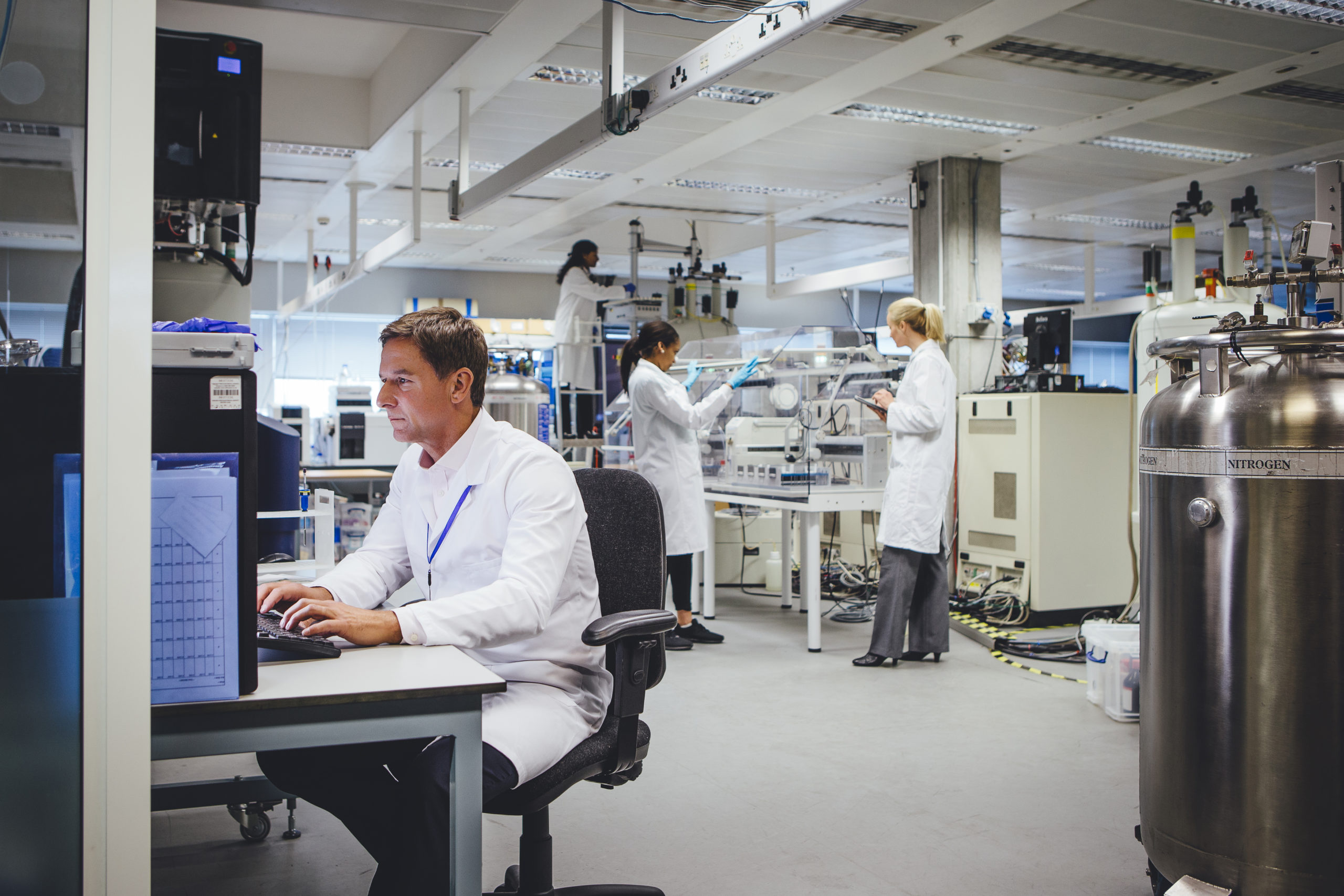Following a Discussion Paper released in 2020, the Australian Government released a draft National Preventive Health Strategy for consultation in early 2021.
Research Australia’s response to the consultation emphasises:
-
- the critical role of research in supporting the evaluation of existing programs and measures and the development and implementation of new programs;
- the importance of the proposal to increase funding for preventive health measures to 5% of health expenditure by 2030; and
- while providing information is an important tool to empower and support people, supporting people to make the best possible decisions also require practical strategies and programs that can support and incentivise behaviour change, and policies that make it easier for people to make healthy choices.
Research Australia’s submission is available here.
Our response to the earlier 2020 Discussion paper is available here.










